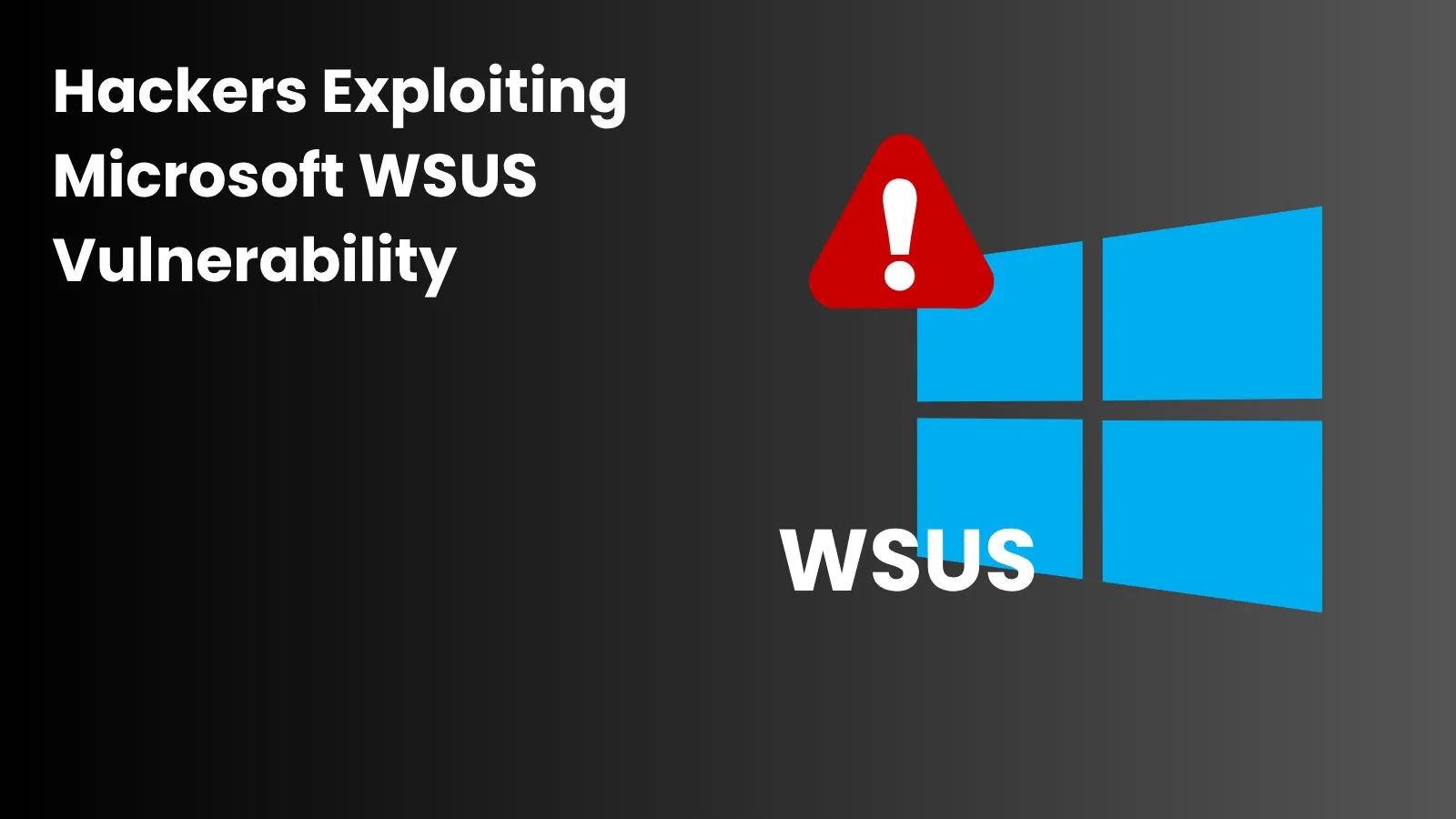In May 2025, Nucor Corporation, the largest steel producer in North America, faced a significant cybersecurity incident that led to the temporary suspension of operations at multiple facilities. The breach involved unauthorized access to the company’s information technology systems, prompting immediate action to contain the threat and protect critical infrastructure.
Immediate Response and Impact
Upon detecting the intrusion, Nucor activated its incident response plan, which included taking affected systems offline and implementing containment, remediation, and recovery measures. The company engaged external cybersecurity experts and notified federal law enforcement authorities to assist in the investigation. As a precautionary measure, production was halted at various locations to prevent further damage and ensure the safety of operations. ([reuters.com](https://www.reuters.com/business/steelmaker-nucor-halts-some-production-after-cyber-security-incident-2025-05-14/?utm_source=openai))
Nucor’s swift response underscores the critical importance of robust cybersecurity protocols in the manufacturing sector. The company’s proactive measures aimed to minimize disruption and restore normal operations as quickly as possible.
Industry-Wide Implications
The cyberattack on Nucor highlights the growing vulnerabilities within critical infrastructure sectors. Manufacturers are increasingly facing sophisticated digital threats that can disrupt essential supply chains and production capabilities. The incident serves as a stark reminder that no industry is immune to cyber threats, emphasizing the need for comprehensive cybersecurity strategies. ([businesstechweekly.com](https://www.businesstechweekly.com/technology-news/nucor-steel-cybersecurity-breach-forces-major-production-halt-in-manufacturing-sector/?utm_source=openai))
Enhanced Security Measures
In response to the incident, Nucor has committed to enhancing its cybersecurity framework to prevent future breaches. The company is focusing on several key areas:
– 24/7 Security Monitoring: Implementing continuous surveillance of network activities to detect and respond to threats in real-time.
– Zero-Trust Architecture: Establishing strict access controls to ensure that only authorized personnel can access critical systems.
– Multi-Factor Authentication: Enhancing login security protocols to add an extra layer of protection against unauthorized access.
– Regular Security Training: Conducting ongoing employee education programs to raise awareness about cybersecurity best practices and potential threats.
These measures are designed to strengthen Nucor’s defenses against future cyber incidents and ensure the resilience of its operations.
Broader Context and Lessons Learned
The Nucor incident is part of a broader trend of cyberattacks targeting industrial control systems and operational technology. Such attacks can have real-world consequences, including production halts, safety hazards, and economic ripple effects. The manufacturing sector must recognize the fundamental importance of cybersecurity in modern business operations and take proactive steps to protect critical infrastructure. ([enterprisesecuritytech.com](https://www.enterprisesecuritytech.com/post/hack-at-america-s-largest-steel-producer-exposes-rising-cyber-risk-in-critical-infrastructure?utm_source=openai))
As digital threats continue to evolve, it is imperative for manufacturing facilities to remain vigilant and invest in robust cybersecurity measures. The Nucor incident serves as a crucial reminder of the potential risks and the need for comprehensive strategies to safeguard against cyber threats.



